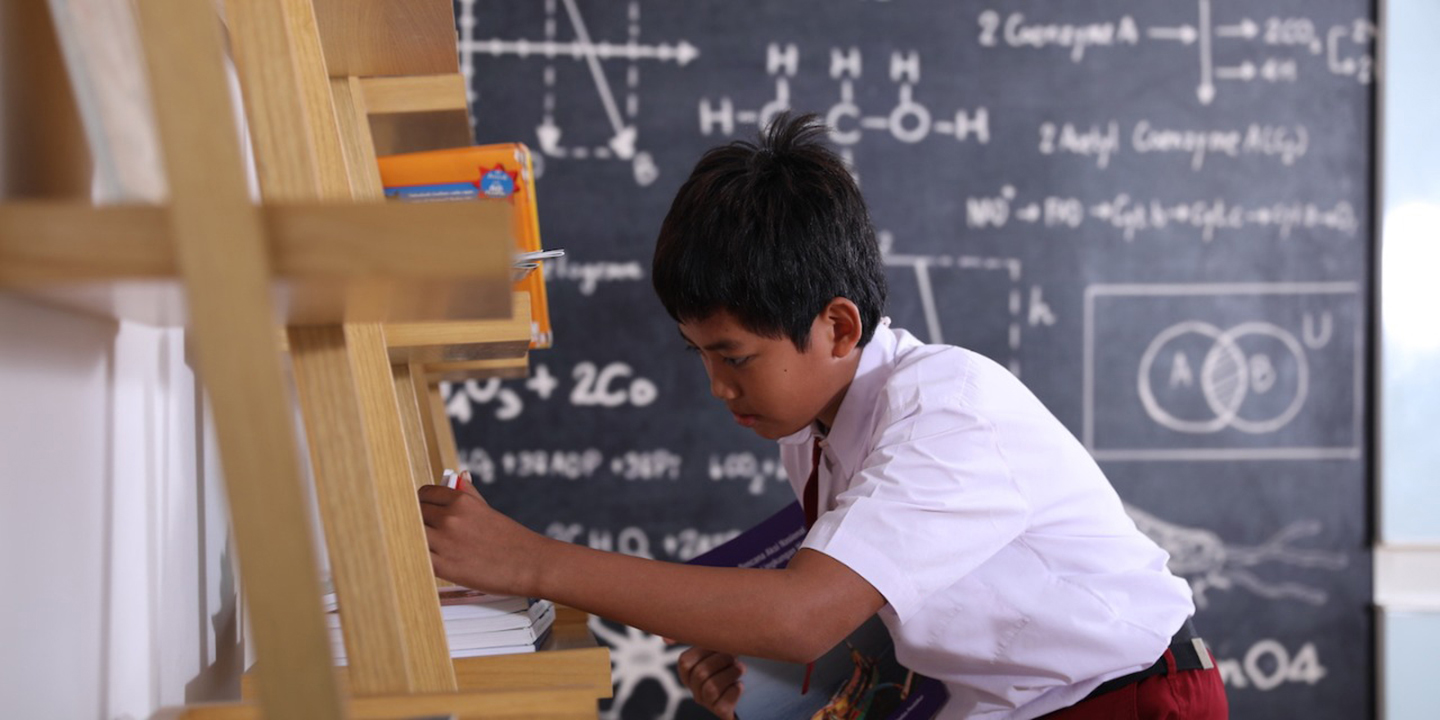
Assessments in Indonesia: Emphasis on clarity and risk mitigation
ACER news 16 Nov 2020 4 minute readIn the online sharing session held by ACER Indonesia on 9 October 2020 titled 'UN, AKM, UTBK: Similarities and Differences', speakers expressed their concern regarding the need for clarity about each assessment to avoid new problems that might overshadow the nation’s attempt to improve students' learning outcomes.
Conflicting points of view about whether or not AKM replaces the National Exam is exactly what Mr Bahrul Hayat underlined as essential for MoEC to clarify. In terms of target participants, it clearly does not, as AKM does not target the graduating class; yet in terms of content, further review is required. Further clarification is needed around ways to link AKM with the Graduation Competency Standard (SKL), because a key component of state and school obligations is to fulfill SKL. Furthermore, there needs to be concrete instruction for teachers on what to do once AKM results are released. It must be noted that teachers are used to subject-based teaching; it may not be easy for them to perceive the nature of the feedback that comes from AKM.
Regarding this last point, Mr Suprayitno from MoEC responded that there will be an AKM Class for teachers to get used to designing questions that incorporate critical thinking and new assessment patterns. This is already available on MoEC’s website. There will also be a subject-based AKM Class designed to provide examples of subject-based assessments to teachers. MoEC hopes that debate will be triggered among teachers to discuss and curate questions, as the online platform allows for this and provides database space for assessment questions.
A risk raised by Mr Hayat regarded the obligation of schools to participate in AKM. Attention needs to be given to avoid any possible competition among schools to excel in preparing their students for AKM. A similar point was raised by Anindito Aditomo, a researcher at the Center for Education and Policy Studies (PSPK). One such risk is resource concentration by schools at the grade level about to undertake AKM, in order to ensure the school would look good in its AKM results. For the same purpose, there is also the risk of narrowing the curriculum to Bahasa Indonesia and Mathematics, as AKM focuses on literacy and numeracy. Mr Aditomo said that effective communication, professional implementation, and other policies need to be aligned and clearly explained to ensure the smooth implementation of the national-level assessment.
Around the end of the three-hour session, panelists generally agreed on the need for similar discussions in the future to attain the best model for assessment. Ms Jasmin Jasin and Mr Suprananto – educational practitioners and experts, and moderators of the session – guided this session with care and skill, ensuring that all participants – from policymakers to parents and students themselves – have more clarity about the real purpose of assessment: not just as a measure of the success of teaching and learning in the form of an exam that often becomes a scourge, but as an important part of the education process, with a broader role in supporting the improvement of the quality of learning.
-------